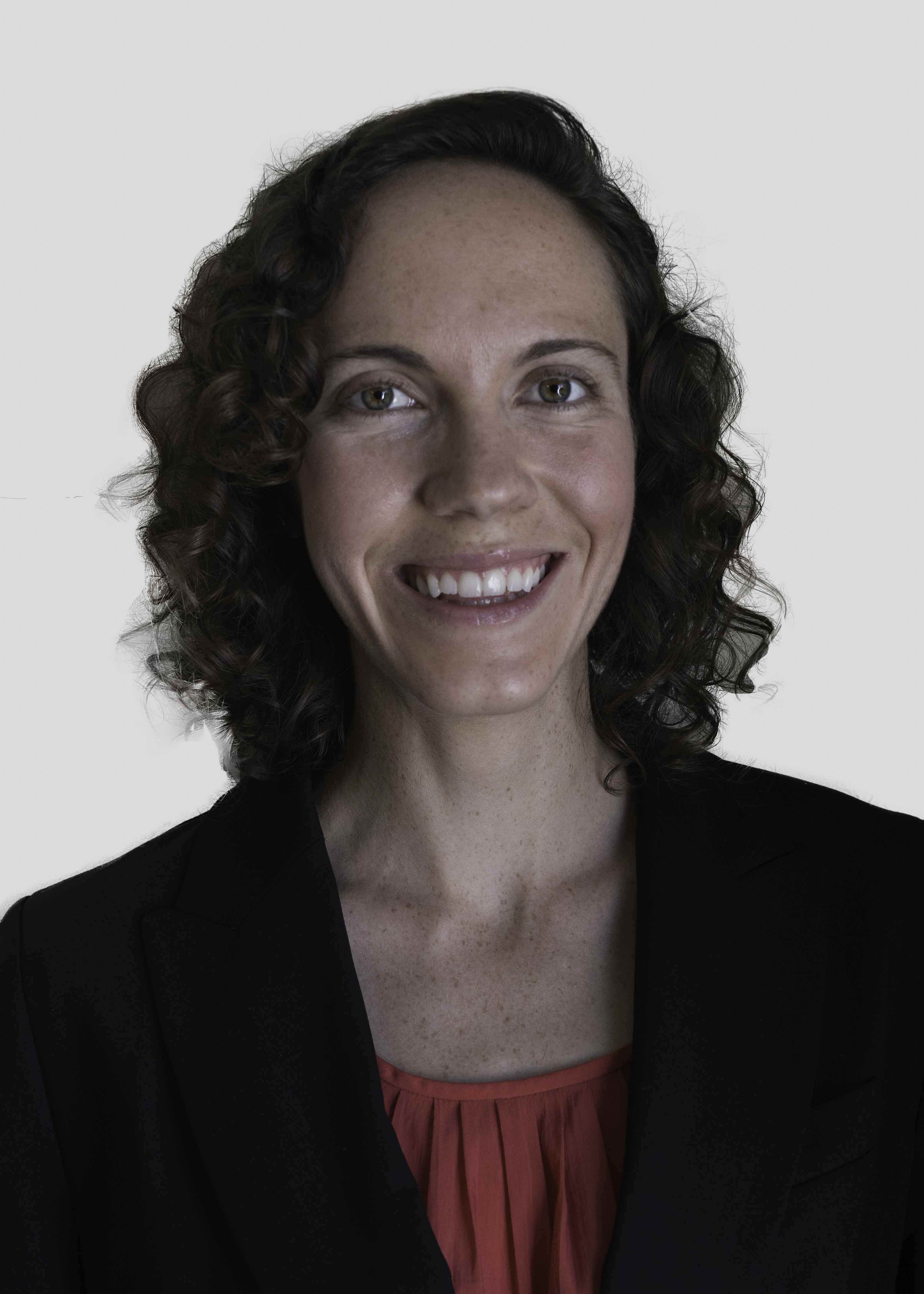Anna Morenz
Welcome to Collective Conversations, a series of discussions aimed at highlighting people and groups working to improve health through better health care systems.
In this post, you'll read about Primary Care clinician Dr. Anna Morenz and her new role as a Health Systems and Policy Fellow at the University of Washington.
In 100-150 words or less, please describe your new role as a Health Systems & Policy Fellow at UW.
I feel fortunate to have a unique fellowship experience at UW – I am training through a T32 grant in the Surgical Outcomes Research Center (SORCE) with primary mentorship from Dr. Joshua Liao in the Value & Systems Science Lab (VSSL). The combination of mentorship and work across both of these incredible research groups will offer me so much in terms of training and experience. Clinically, I am staying on at my continuity clinic from residency – Harborview’s Adult Medicine Clinic – a place very near and dear to my heart and which informs my core passion with research and policy: how to improve access to health care for historically marginalized communities.
What skills, experiences, or people/communities from UW helped prepare you to take on this new role?
My internal medicine training at UW was phenomenal in a multitude of ways. Of course, the bulk of residency was spent in clinical training and remaining clinically active during my fellowship, and connected to what matters most to patients is very important to me.
I was also fortunate to gain broad and inspirational exposure to a variety of careers in healthcare leadership through the Health Systems Pathway. For example, the Pathway allowed me to spend a month interning with the medical director of Medicaid in Arizona, where I’m originally from.
I also was involved in research with Dr. Liao during residency which was what spurred the creation of my fellowship position. Lastly, the Resident Diversity Committee (RDC) was a core community for me during residency; it is a group of internal medicine residents dedicated to improving the recruitment and retention of residents and faculty members who are underrepresented in medicine as well as bolstering our curriculum around health equity and anti-racism. Several members of the RDC and I won a grant this year to help build a longitudinal curriculum in health equity and anti-racism for the IM residency over the next two years, which I’m very excited about.
What excites you most about this role?
The flexibility and endless possibilities to customize the experience and learning to help me gain the skills and experience to be a more effective agent of change for our broken healthcare system—whether that’s via dissemination of research designed to answer meaningful, relevant questions or as a local healthcare leader needing to interpret research and make systems-level decisions on a day-to-day basis. I’m eager for the opportunity to engage policymakers in policy-relevant work both through my Master’s in Public Health practicum and through VSSL’s existing relationships.
What are the types of projects you’re working on right now and why are they important to you?
True North for me is working to improve the access to and quality of health care for historically marginalized communities to advance health equity. Right now, that’s manifesting in a variety of projects.
I’m working with a transplant nephrologist, Dr. Yue-Harn Ng, and a transplant surgeon, Dr. Jim Perkins, to interrogate the relationship between a neighborhood-level index of social vulnerability and patients’ completion of steps in the kidney transplant care cascade (i.e., advancing from an initial referral to wait-listing or from wait-listing to transplant). We struggle in medicine to adequately assess and intervene upon patients’ social drivers of health, and we’re interested in understanding if a readily available neighborhood-level marker like this could be a useful flag for those patients who need upfront intervention to support them through the rigorous transplant evaluation process. We know that stark inequities still exist in who have access to kidney transplant, and it feels so important to be working on trying to tackle these inequities. I believe our healthcare system needs to be more adaptable in meeting patients where they are rather than expecting all patients to follow a “one-size-fits-all” system. I’m also engaged in work around who has been using audio-only telemedicine in Washington State during the pandemic and what impact audio-only telemedicine has had on access to health care services for historically underserved communities.
From your current vantage point, what seems to be an area of uncertainty related to your work that will be important to monitor going forward?
I’m a complete generalist at heart, and as you move forward in your career in medicine, you receive pressures and signals to specialize. Sometimes that’s helpful in order to build depth and expertise, but I think it can also stifle creativity and unique collaborations. I am sure I will continue to navigate and struggle with this balance moving forward.
Looking two years forward, what do you hope to have accomplished and for whom, through this new role?
I hope to have added meaningful new knowledge to the realm of understanding the relationship between social determinants of health and outcomes in the transplant care cascade, as well as elucidate potential opportunities for interventions. Ultimately, my aspiration is that this work will bring us in partnership with the very patients who face a high burden of social needs to figure out how we as clinicians and a healthcare system as a whole (including payers) can better support them and improve their health and well-being. I also hope that our team will have been successful in building a sustainable longitudinal Health Equity & Anti-Racism and clinic-based organizing curriculum for our internal medicine residents.




